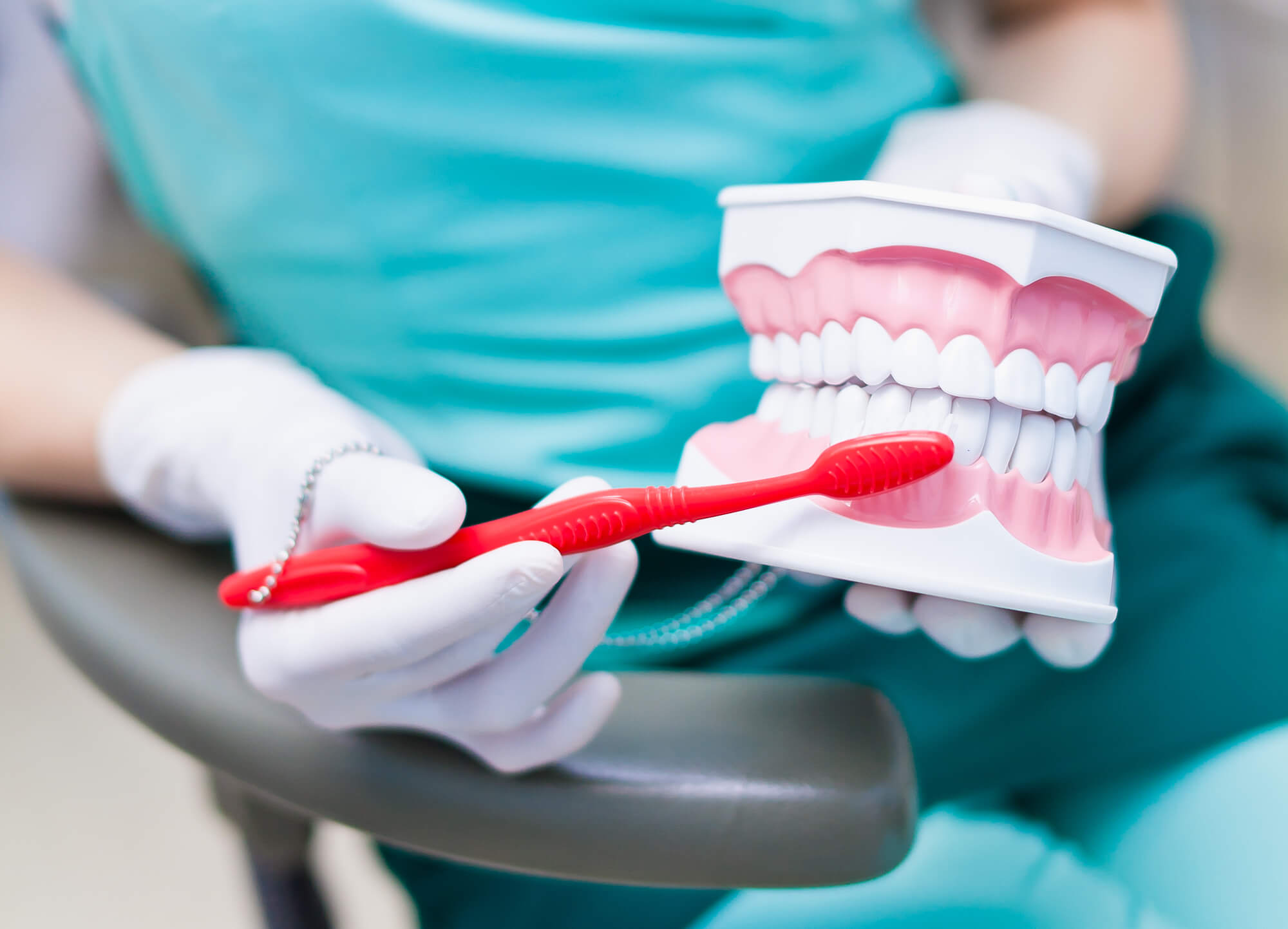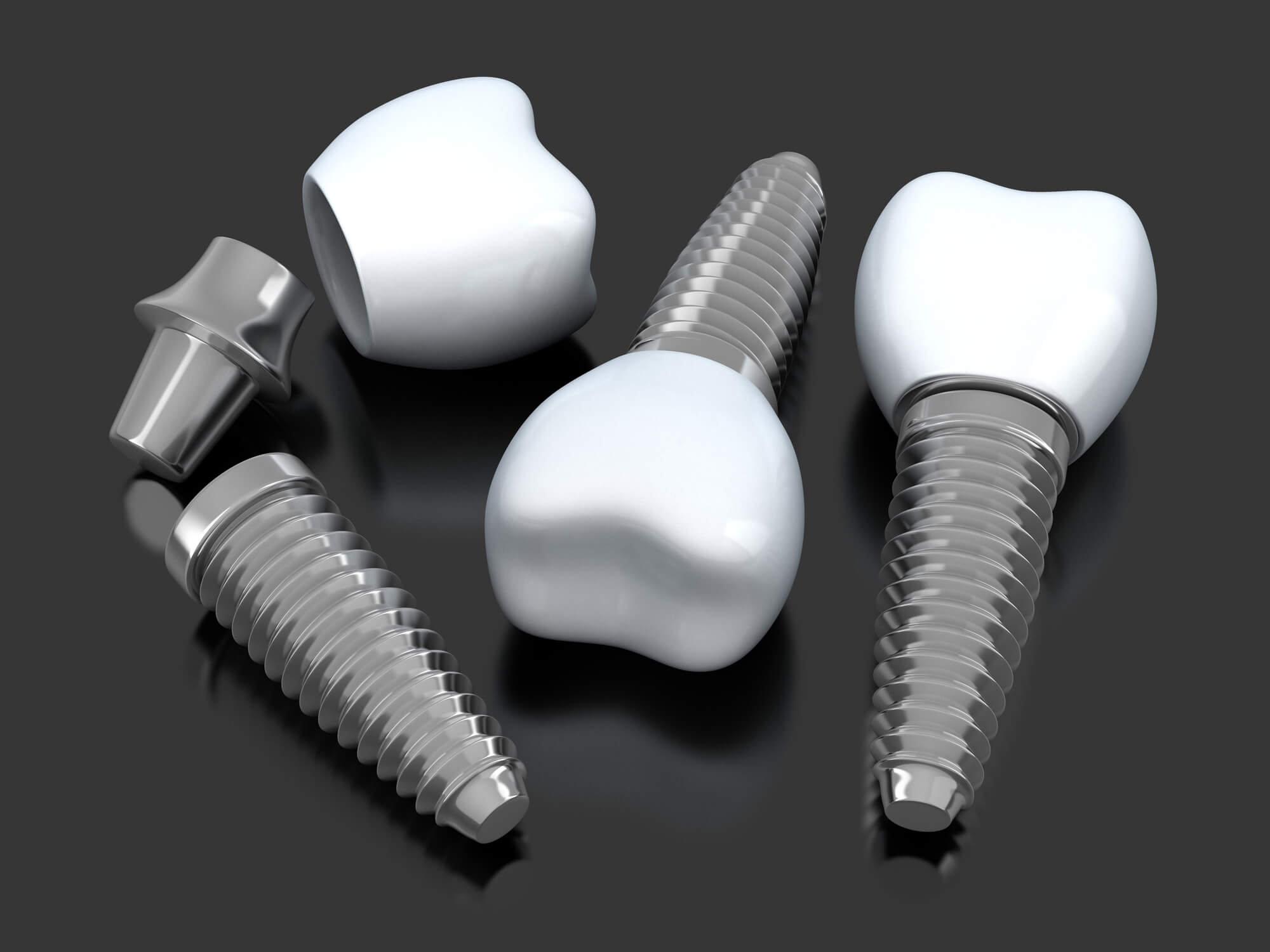Can your teeth get damaged? As strong as they are, unfortunately, your teeth can decay, get worn down, and sometimes even fall out. Thankfully, restorative dentistry can fix your dental issues. Some examples of restorative dental procedures are implants in Wilson, bridges, dentures, fillings, crowns, and bonding.
The treatment will depend on the problem you’re dealing with. Your dentist will thoroughly assess your tooth, determine the problem, and devise a tailored treatment plan to restore your oral health. Restorative dentistry aims to return your teeth’s normal appearance and function.

What Are the Different Types of Restorative Dental Treatments?
What Is Restorative Dentistry?
Restorative dentistry encompasses dental procedures that aim to restore your mouth’s full function. The treatments help repair damaged, chipped, and broken teeth and replace teeth that have fallen out due to trauma, severe decay, and advanced-stage gum disease.
Without treatment, you’ll experience speaking, chewing, and biting problems. Don’t confuse restorative dentistry with cosmetic dentistry because the latter’s focus is aesthetics, while the former’s primary goal is to keep your mouth healthy.
What Restorative Dental Treatment Is Right for You?
Dental Fillings
The most popular and in-demand restorative dental procedure is dental filling. A dental filling is a standard treatment for cavities. Did you know that according to the CDC, around 90% of adults aged 20 years and above have at least one cavity? Cavities are damaged areas in your teeth that develop into holes and cracks. Multiple factors contribute to cavity development, such as oral bacteria, plaque, unhealthy lifestyle, and poor dental hygiene.
Dental fillings are used to replace the damaged portions of your teeth. They can be made from silver, gold, porcelain, or amalgam. Besides filling cavities, some dentists use fillings to even out the surfaces of your teeth to improve your chewing and biting.
Dentures
Dentures are replacement teeth that come in two types – complete and partial. Complete dentures are for individuals who have lost all their teeth, while partial dentures are for those who still have natural teeth left.
Dental Bridges
Missing teeth, especially if it’s your front teeth, can significantly impact your smile and oral function. You can ask your dentist if a dental bridge is right for you. A dental bridge is ideal for people with one or more missing teeth.
This dental prosthesis functions as a bridge to fill in the gap. It consists of abutment teeth and pontics. Abutment teeth are dental crowns placed on either side of the tooth gap and are anchored to natural teeth or dental implants. Meanwhile, pontics are the teeth that close the gap and are attached to the crowns.
Dental bridges help restore chewing and biting problems, relieve you from pain caused by the unnecessary stress placed on your teeth and jaw, and improve your self-esteem.
Dental Crowns
A dental crown can rebuild your tooth’s structure if it is decayed, damaged, or cracked. A dental crown is a tooth-colored hollow cap that helps restore your tooth’s strength, integrity, shape, and size. It is custom-made to the shape of the affected tooth.
Dental crowns can be made from materials such as porcelain, metal, gold, or ceramic. However, the most popular material is porcelain because it blends naturally with the rest of your teeth.
Dental Bonding
Dentists can quickly fix a chip or a crack in your tooth through dental bonding. Dental bonding is a cost-effective restorative treatment that uses a composite resin material that’s shaped and bonded to the affected tooth to restore its natural shape. Typically, it only takes a single visit to complete the procedure.
Dental Implants
Another effective way to restore your smile is through dental implant surgery. Unlike dentures and bridges, dental implants restore your smile and preserve your facial structure by protecting your jawbone against degradation.
Despite it being a surgical procedure, millions of Americans prefer dental implants because of their unparalleled longevity. Research shows that a successful dental implant placement can last a lifetime. Additionally, dental implants do not require special care. You just need to brush and floss your teeth as you usually do. Regular dental visits are also a must to maintain the functionality of your implants.
Dental implants are metal screw-shaped rods that your oral surgeon will embed in your jawbone to replicate the function of lost tooth roots. Abutments are attached to these posts, followed by artificial dental crowns. Out of all tooth replacement solutions offered, dental implants closely resemble the look and function of natural teeth.

Interested in Dental Implants in Wilson?
Missing teeth are a cause for concern. If you don’t replace them sooner or later, you’ll experience dental health complications that are much harder and more expensive to treat.
While dentures and bridges are available, dental implants are the best for replacing missing teeth because of their durability, strength, and permanence. We at Tyron Family Dentistry offer a wide range of restorative dental treatments bespoke to your needs. Contact us today for an appointment.

